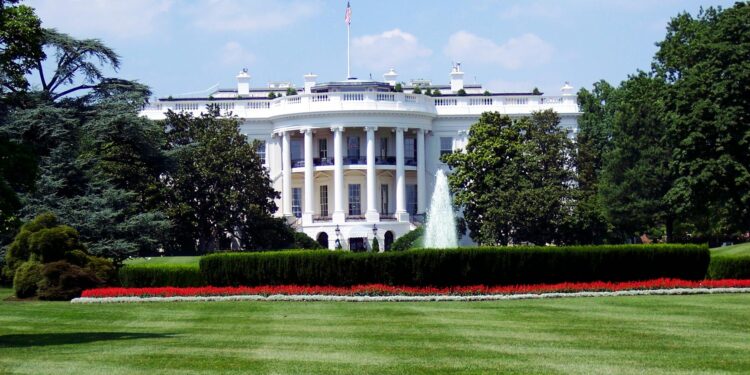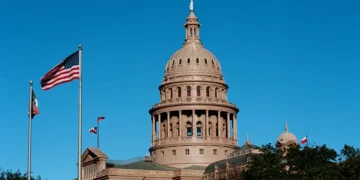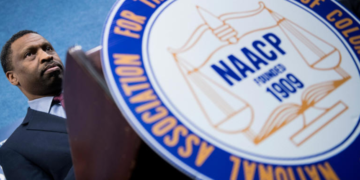June 16, 2025 Story by: Editor
The NAACP announced that President Donald Trump will not be invited to the upcoming national convention in Charlotte, North Carolina, during a statement issued on June 16, 2025.
This marks the first time in its 116-year history that the NAACP has decided to exclude a sitting U.S. president from its flagship event—a dramatic departure from its long-standing tradition of welcoming presidents from both parties.
Breaking with Tradition
During a press conference, NAACP President Derrick Johnson stated emphatically that the decision is rooted in principle, not partisanship:
“This has nothing to do with political party. Our mission is to advance civil rights, and the current president has made clear that his mission is to eliminate civil rights.”
Historically, both Republican and Democratic presidents have participated in conventions. Presidents Harry Truman, Ronald Reagan, and George W. Bush all addressed NAACP delegates—even amid significant criticism of their policies. That legacy of engagement has now ended.
NAACP’s Concerns
Johnson cited multiple actions by the Trump administration that prompted the exclusion:
- Multiple lawsuits filed by the NAACP against Trump administration policies, including one in April targeting the Department of Education’s attempts to withhold federal funding from schools with diversity, equity, and inclusion programs.
- Broader policies and rhetoric the NAACP views as actively “working against” its mission to protect and advance civil rights.
A Broader Pattern of Civil Rights Conflict
This move is the latest in a growing national pushback by civil rights organizations. Trump’s tenure has seen:
- Executive orders scaling back diversity, equity, and inclusion initiatives across federal agencies.
- Repeated legal battles with civil rights groups in courts over funding, race-conscious policy, and educational equity.
Some see the NAACP’s stance as a natural escalation amid ongoing tensions between the administration and racial justice advocates.
Trump’s Silence and Political Fallout
As of today, the White House has not responded to the NAACP’s announcement. However, the move has already fueled political commentary:
- Civil rights leaders praised the decision as a bold stand.
- Republican allies criticized it as further evidence that the NAACP is turning partisan.
- Independents expressed concern about the growing fracture between the Trump administration and historic institutions.
What’s Next
The NAACP’s national convention is scheduled for July 2025 in Charlotte. The agenda will reflect a sharp focus on voting rights, educational equity, and civil liberties, signaling the organization’s intent to hold leaders accountable, rather than seeking access.
Trump’s exclusion makes a statement: the NAACP is no longer extending its platform to presidents it believes jeopardize civil rights—regardless of political affiliation.
Conclusion
This historic exclusion sends a powerful message: civil rights advocacy is evolving, and longstanding institutions like the NAACP are realigning their strategies. In rejecting a sitting president, the organization is making clear that honoring its legacy now means drawing lines in defense of equality, justice, and democratic principles.
Source: AP News

















